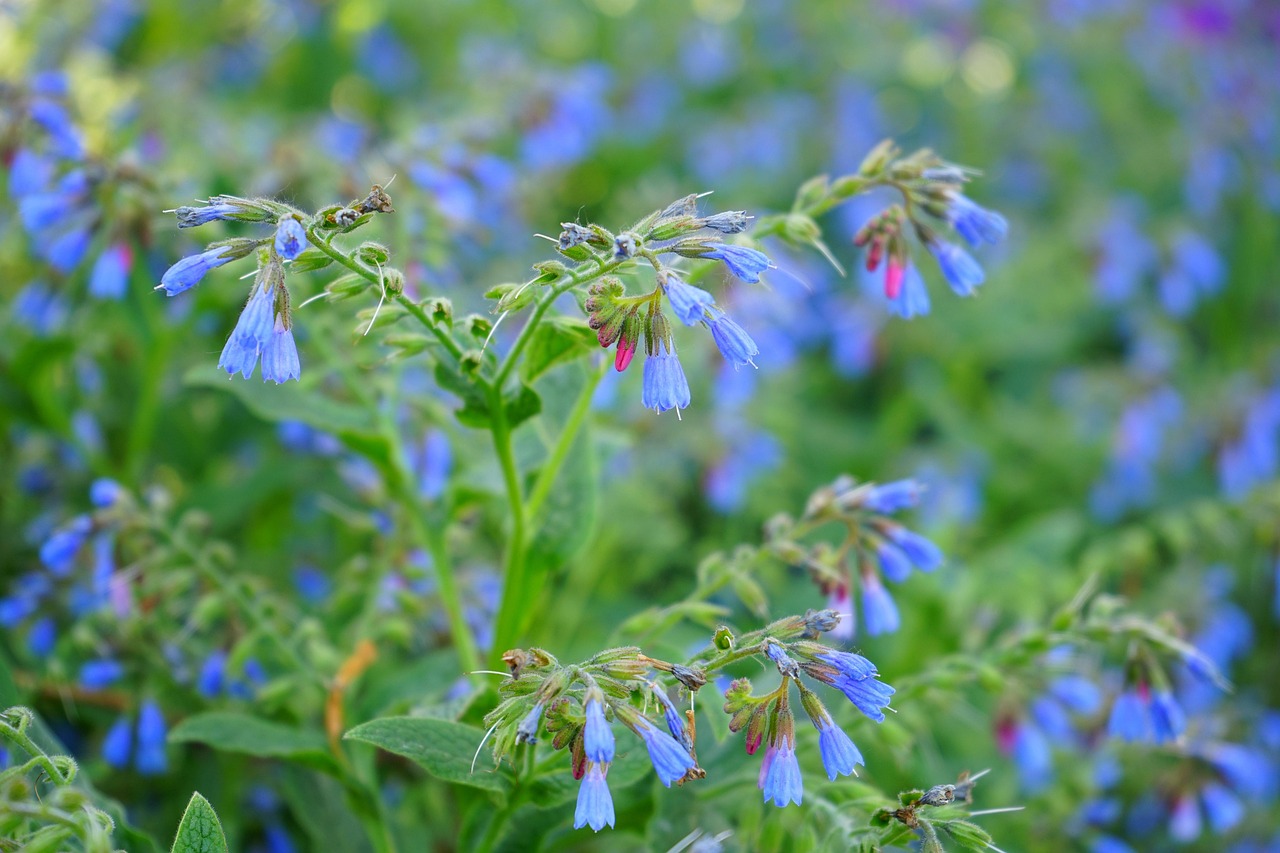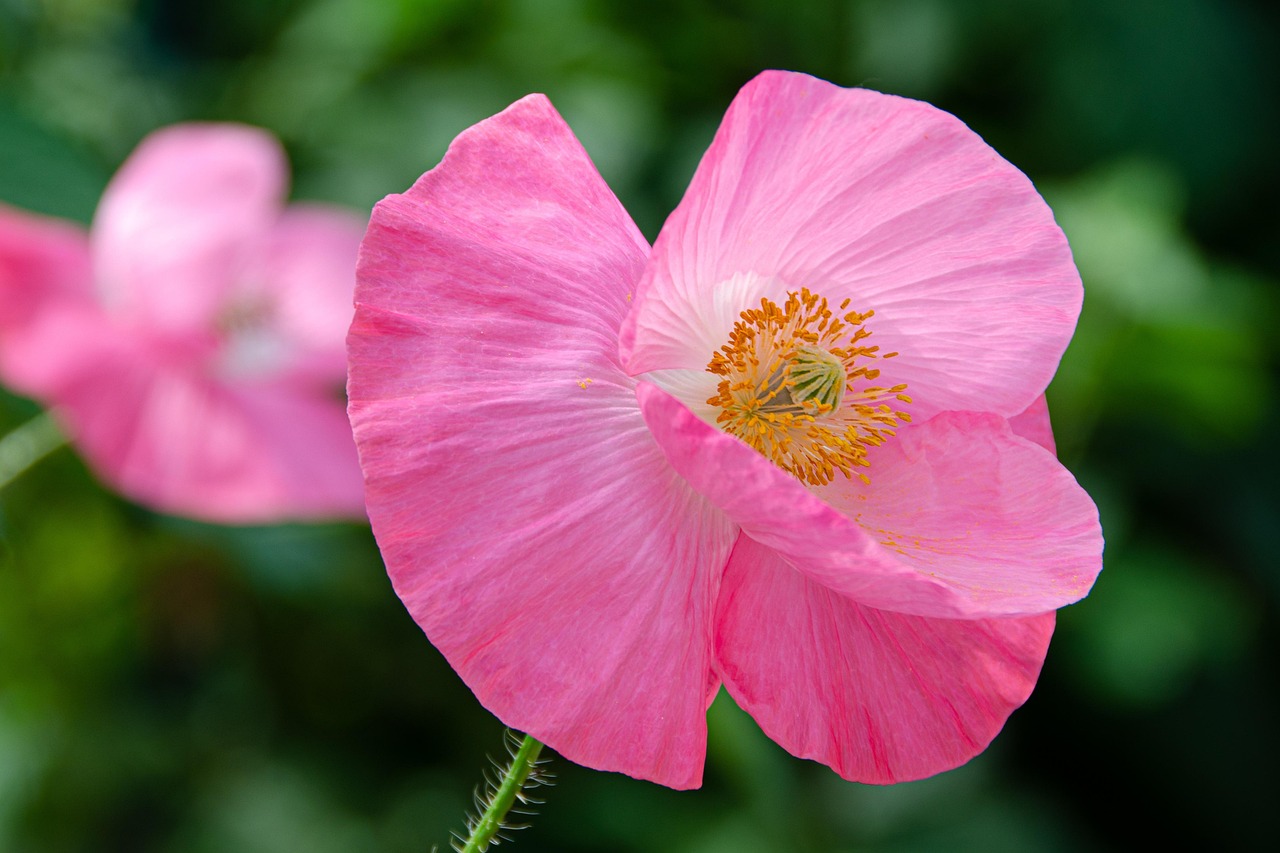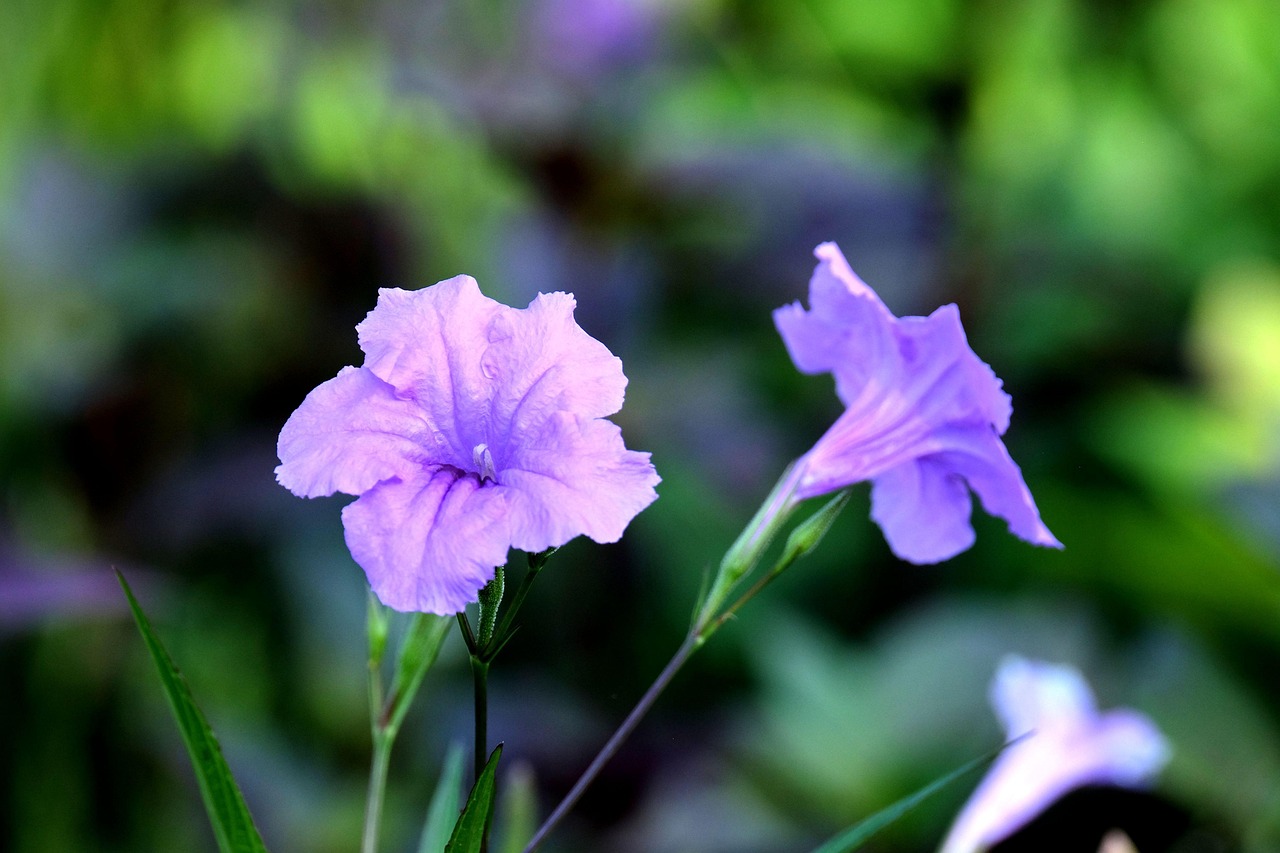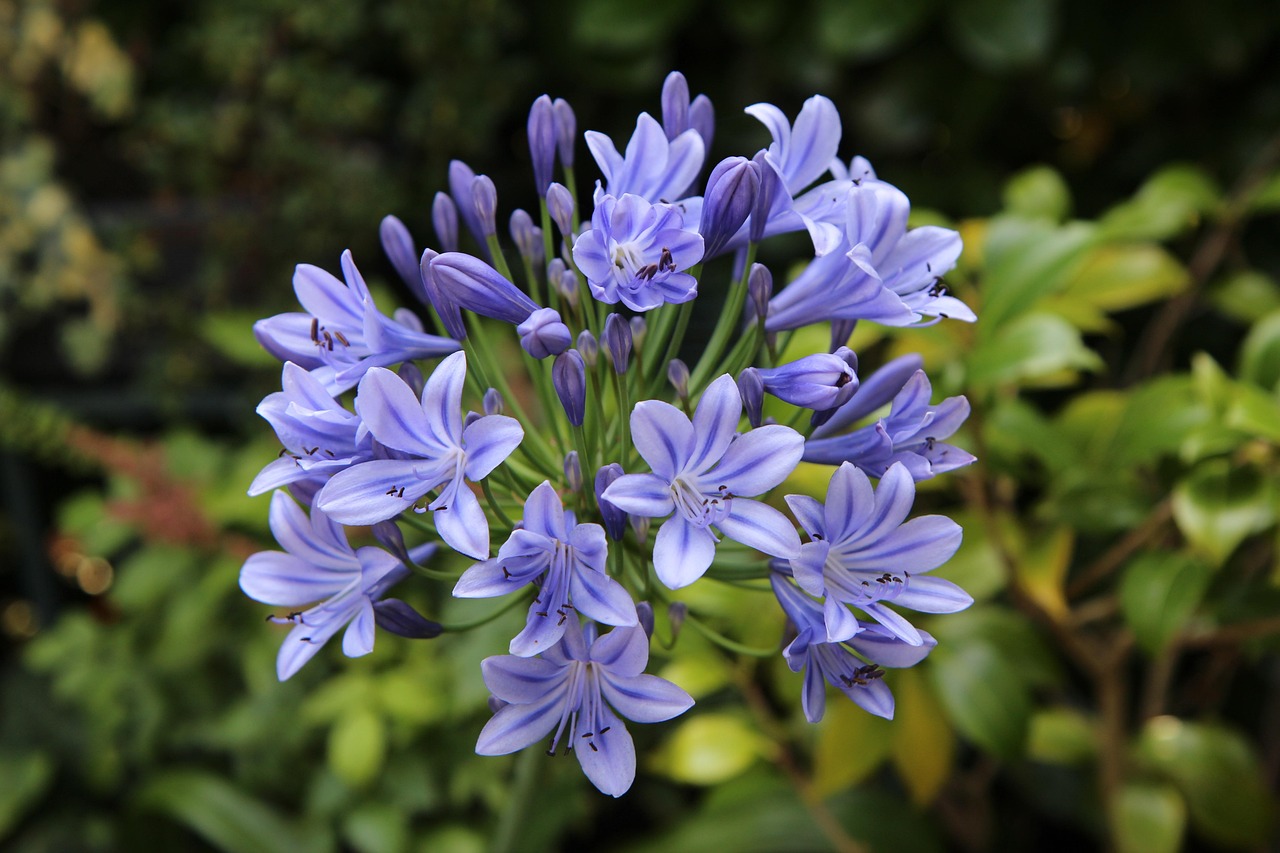Prunella vulgaris | A Purple Flower that Brightens Early Summer
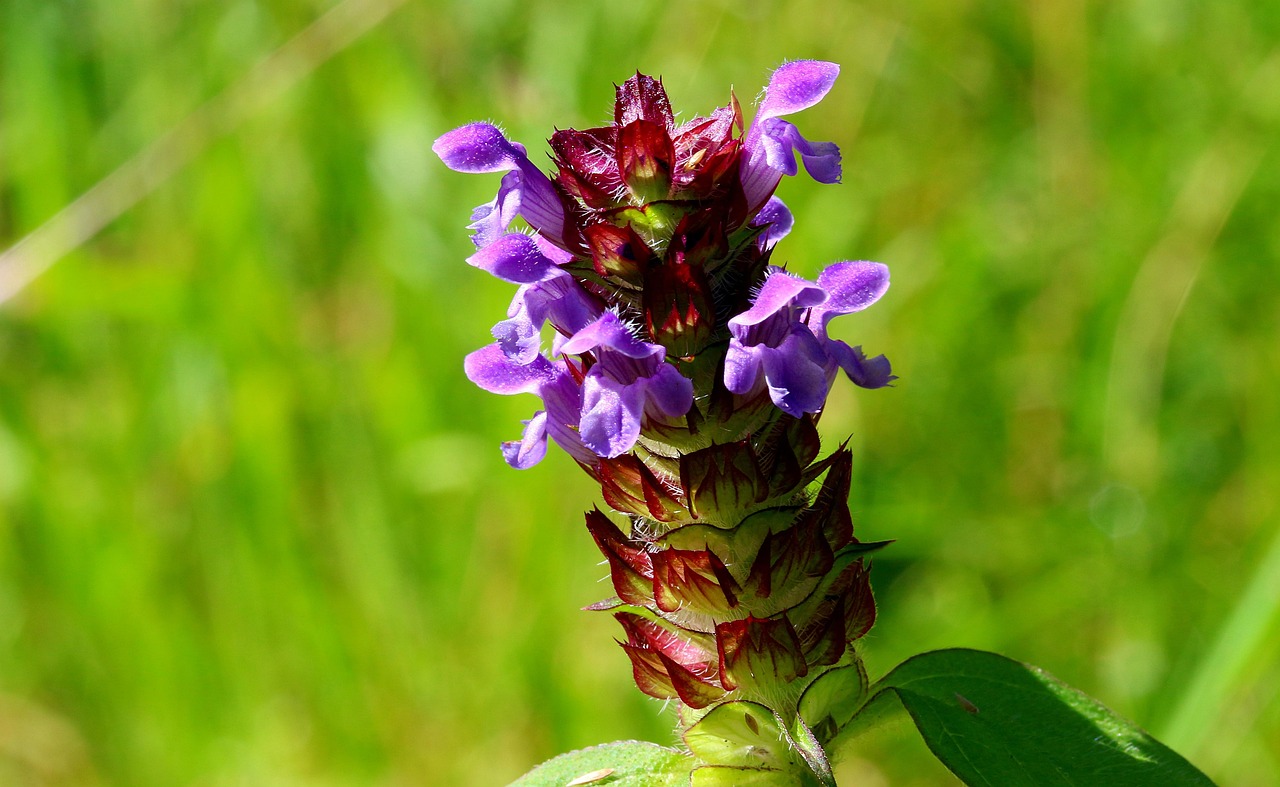
Prunella vulgaris, commonly known as self-heal, is a perennial herb in the mint family distinguished by its purple flower spikes.
This flower, which blooms in early summer, is valued not only for adding seasonal color to gardens but also for its usefulness as a ground cover plant. Thanks to its hardy and easy-to-grow nature, it is loved by many gardeners.
In this article, I will introduce the basic information, cultural and historical background, and gardening tips for growing Prunella vulgaris.
Basic Information
- Scientific name: Prunella vulgaris
- Family: Lamiaceae (mint family)
- Origin: Europe, Asia, North America
- Appearance: Prunella vulgaris grows to about 10–30 cm in height, bearing spikes of small purple flowers. The leaves are ovate, arranged in opposite pairs, and have a simple green form. The flowering season lasts from June to August, when the purple blossoms bring vivid color to gardens and fields.
- Blooming period: June–August
Cultural Significance Around the World
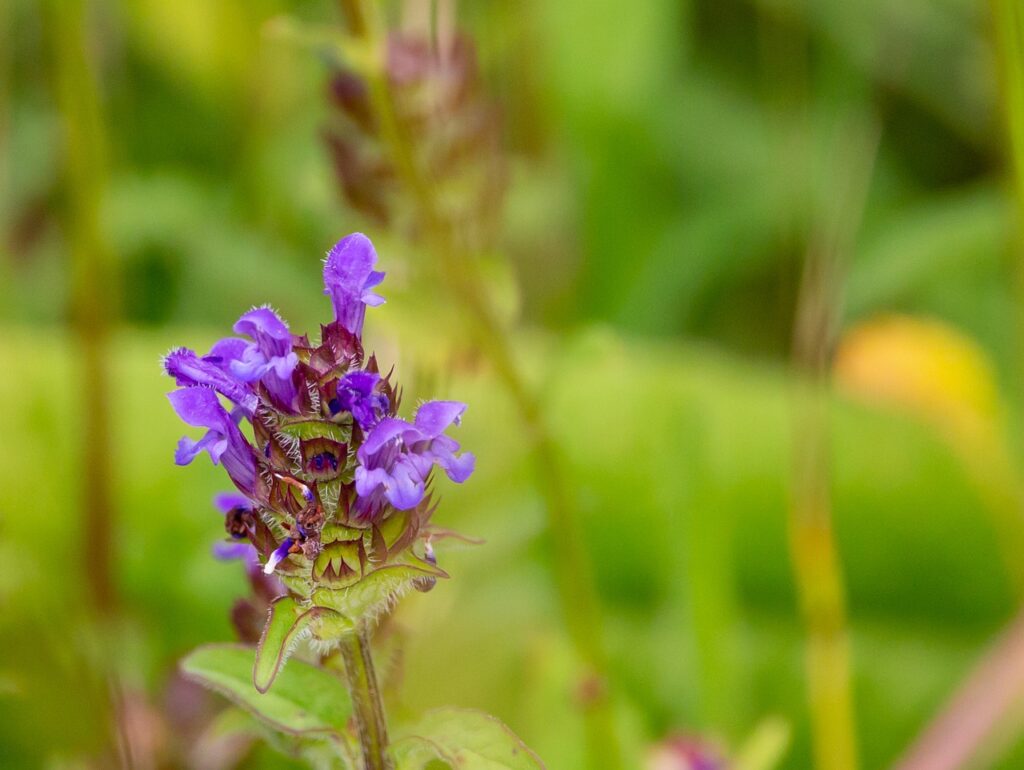
Prunella vulgaris has been cherished in Europe and Asia since ancient times and is known in many cultures as a symbol of “healing” and “renewal.”
In North America, it is frequently used as a ground cover in gardens, contributing to natural and organic landscaping.
In Europe, it was often depicted in poetry and painting as a flower representing serene natural landscapes.
In Japan, it is deeply tied to the natural environment as a wildflower of mountains and fields, and it has been used as a theme in haiku and waka poetry.
Historical Background
During the Middle Ages in Europe, Prunella vulgaris was known as a “plant of innate healing power” and attracted the attention of many people.
The name “Prunella” derives from the German word Bräune (throat inflammation), which contributed to the plant’s recognition and popularity across different regions.
In Japan, the flower was named Utsubogusa because its shape resembles a “utsubo,” a case for carrying arrows. Since ancient times, it has been cherished as a familiar wildflower.
Gardening Advice
Although Prunella vulgaris is hardy and easy to cultivate, proper care ensures healthier growth. Here are some tips:
Sunlight
Thrives in full sun to partial shade. Blooming improves in brighter locations.
Watering
Avoid excessive watering. Water moderately when the surface soil dries.
Soil
Prefers well-drained soil. Sandy soil or loam mixed with leaf mold is suitable.
Fertilizer
Not much is required, but a small amount of slow-release fertilizer in spring promotes growth.
Pruning
Removing spent flower spikes early encourages further growth of the plant.
Conclusion

Prunella vulgaris is an attractive perennial with its striking purple flower spikes and robust character.
It blends naturally into gardens as both an ornamental and ground cover plant, making it suitable for a wide range of styles, from Japanese gardens to Western landscapes.
With attention to sunlight and drainage, you can enjoy its vivid blossoms from early to late summer for many years.

